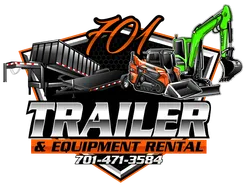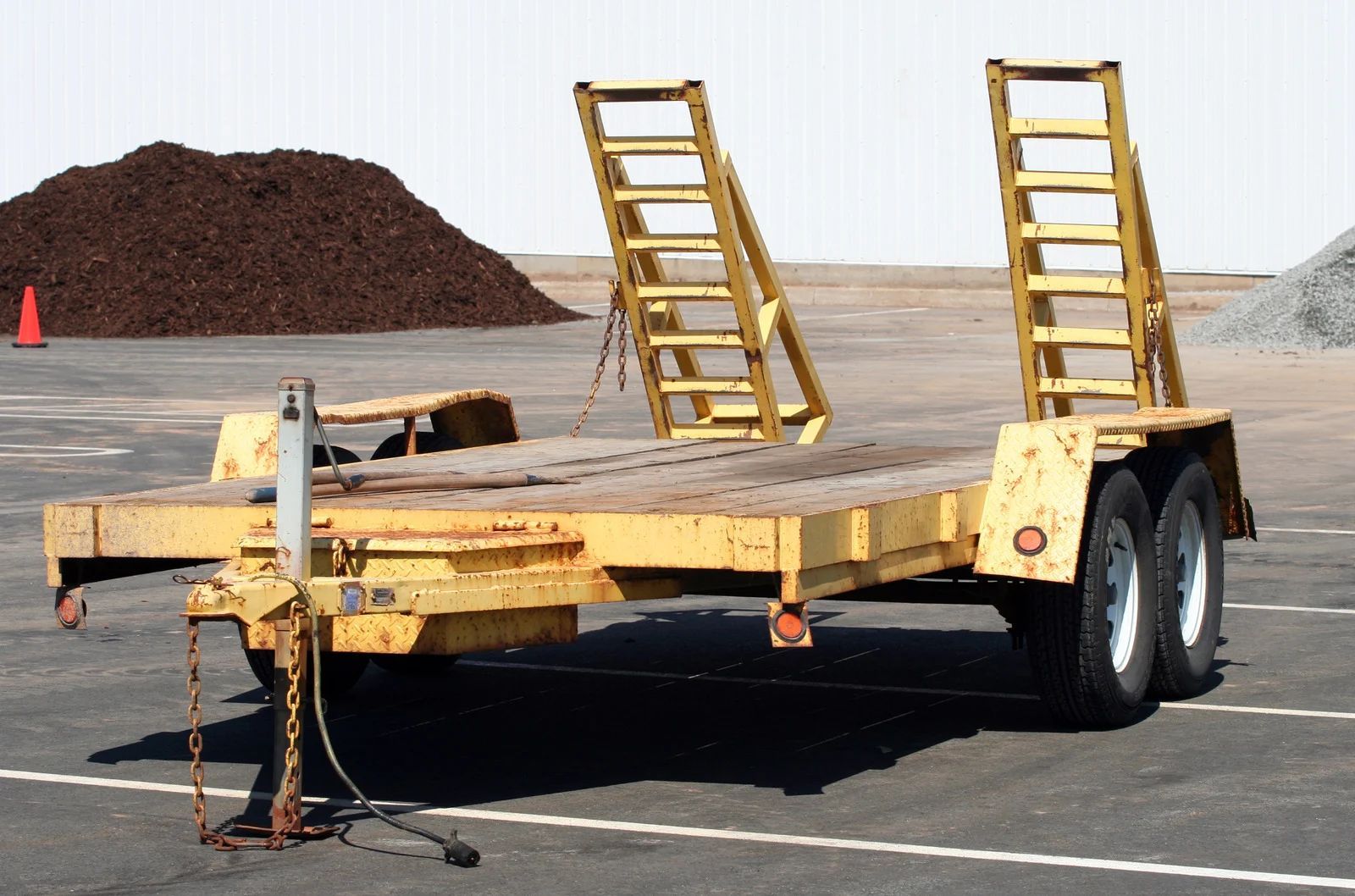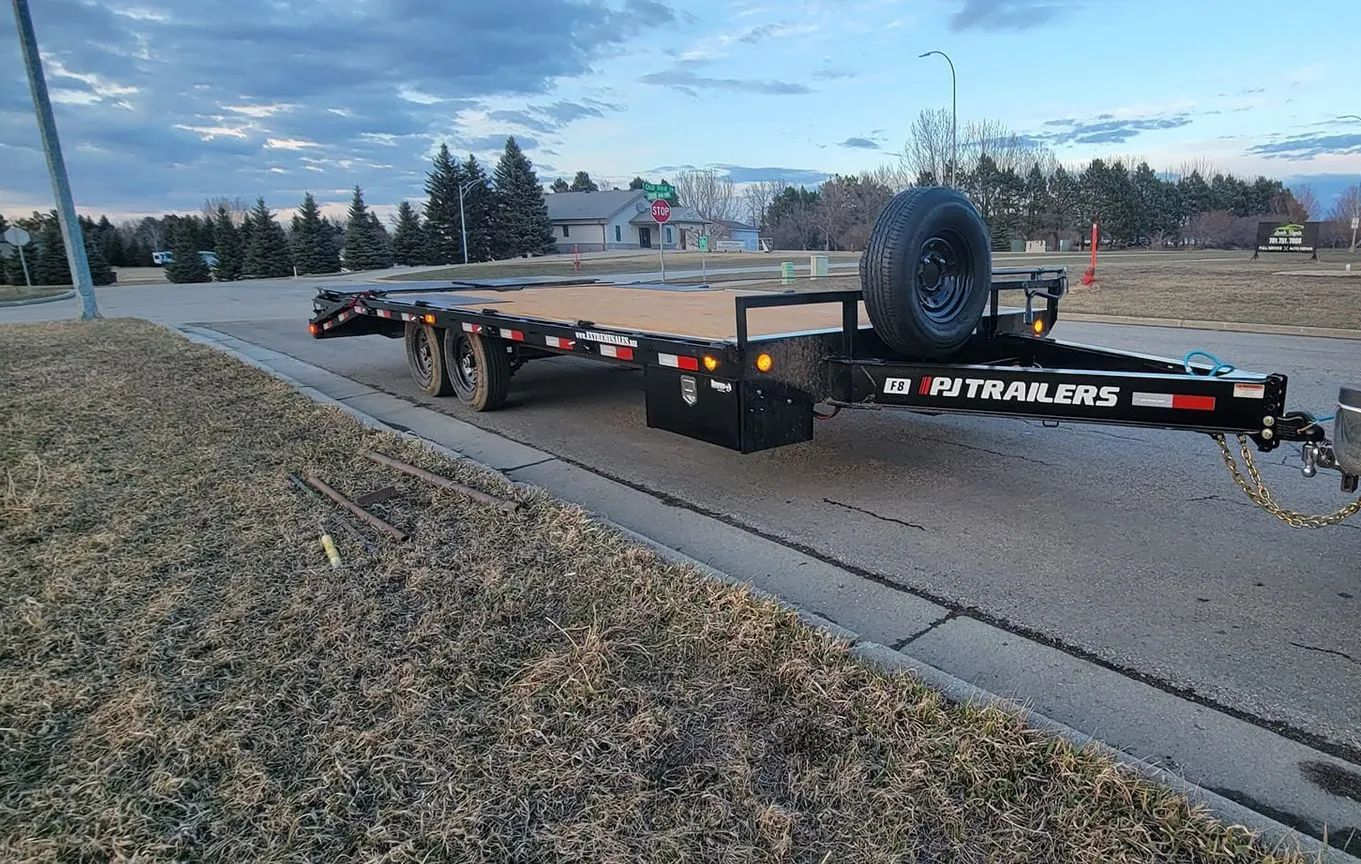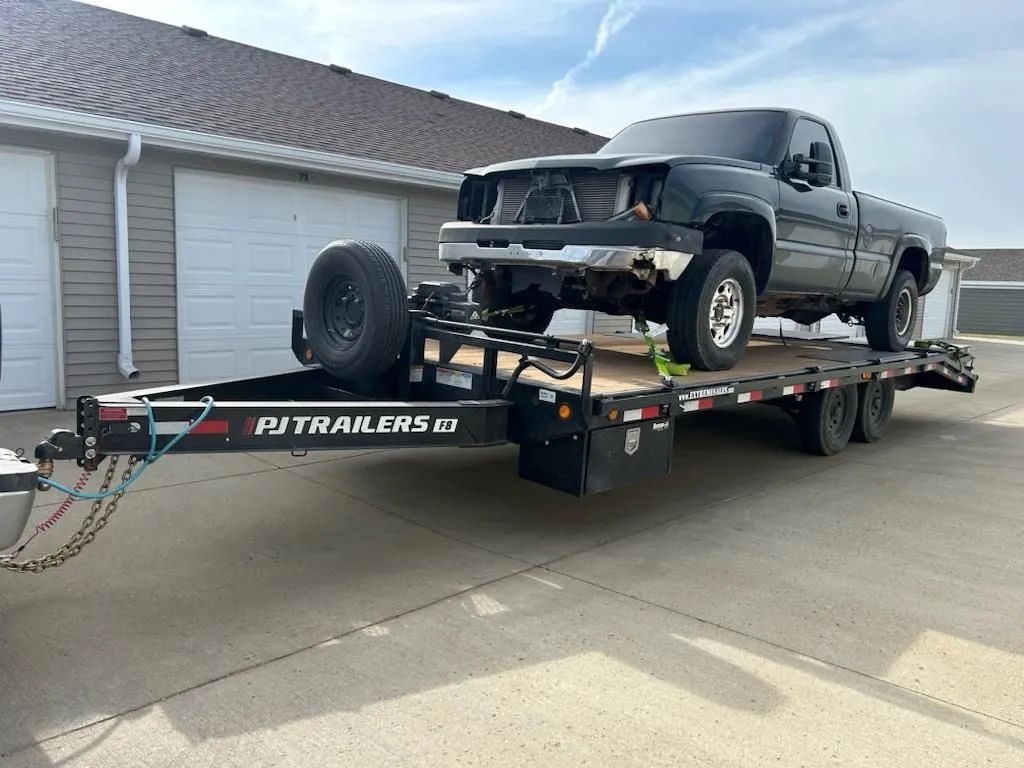Flatbed vs. Enclosed Trailers: Which One Is Right for Your Job?
June 11, 2025
When transporting goods or equipment, choosing between a flatbed and an enclosed trailer can significantly impact the safety, efficiency, and cost of your job. Each trailer type has distinct advantages and ideal use cases, making it important to understand their differences before making a decision. Whether you're hauling construction materials, vehicles, or fragile cargo, knowing which trailer fits your needs can help avoid unnecessary complications and expenses.
Flatbed Trailers: Open and Versatile
Flatbed trailers are among the most common types of trailers used in commercial and industrial transport. With no walls or roof, flatbeds are highly versatile and allow easy loading and unloading from any side, including by forklift or crane. This open design makes them ideal for oversized or oddly shaped loads that wouldn't fit inside an enclosed space.
Construction companies, landscaping crews, and contractors often favor flatbeds for moving lumber, steel beams, heavy machinery, or large equipment. However, because the cargo is exposed to weather and road conditions, flatbeds require additional tie-downs, tarps, or protective coverings depending on the materials being transported.
Enclosed Trailers: Protection and Security
Enclosed trailers offer the key benefit of protection. These trailers are fully covered with walls and a roof, shielding your cargo from rain, snow, wind, dust, and theft. This makes them ideal for transporting fragile, valuable, or sensitive goods such as electronics, furniture, or event equipment.
Enclosed trailers also provide added security, as they can be locked to prevent unauthorized access. This makes them popular for contractors storing tools or vendors transporting items between events. The trade-off is limited access for loading and unloading, as everything must go through the rear or side doors. Additionally, enclosed trailers tend to be heavier and may require a larger vehicle to tow.
Factors to Consider Before Choosing
Your job's specific needs should dictate which trailer type is best. Start by considering the size, weight, and shape of your cargo. If the items are weather-sensitive or require added security, an enclosed trailer may be the smarter option. On the other hand, if you’re hauling oversized or oddly shaped materials that need to be loaded with heavy equipment, a flatbed offers easier access.
Cost is also an important factor. Flatbed trailers are generally more affordable and lighter, making them easier to tow and more fuel-efficient. Enclosed trailers, while pricier, offer peace of mind and protection, which can be invaluable for certain types of jobs.
Additionally, think about frequency and duration. If you’re planning to leave equipment stored in the trailer overnight or over the weekend, an enclosed trailer doubles as a secure storage space, which flatbeds cannot provide.
Towing Capacity and Vehicle Compatibility
Another consideration is the towing capacity of your vehicle. Flatbeds are lighter, which may be beneficial for smaller trucks or SUVs. Enclosed trailers weigh more, especially when fully loaded, and may require a more powerful towing setup. Always check your vehicle’s towing limits before choosing a trailer, and factor in the total weight of the trailer plus the cargo.
Find the Right Trailer for Your Job in North Dakota
Whether you're a contractor, business owner, or DIY enthusiast, choosing the right trailer can save you time, money, and hassle. At 701 Trailer & Equipment Rentals, serving Bismarck and Mandan, ND, we offer both flatbed and enclosed trailer rentals to meet a wide range of needs. With several years of experience, our team can help match you with the ideal trailer for your job. Contact us today to get started and reserve your trailer with confidence.



